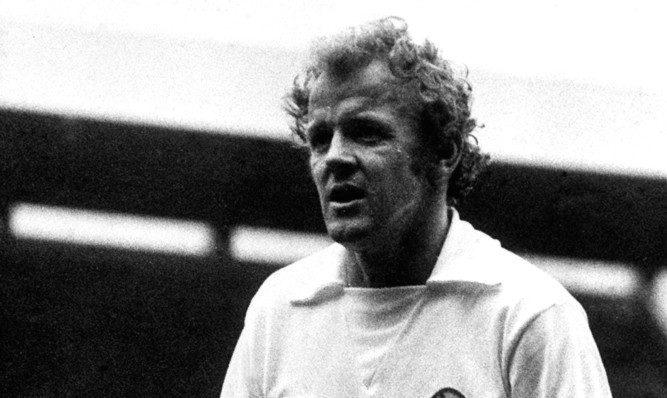Is the modern day footballer too soft?
Have they become too removed and cosseted from the game which older fans once watched, when anything below waist height was considered fair game in a meaty tackle?
I wondered about this in the wake of last weekend’s Scottish Cup encounter at Tynecastle which has led to a war of words between Aberdeen and Hearts fans.
Some Dons fans felt that the Edinburgh side had made the match a bruising encounter with an overly physical approach to win the tie.
Accusations that the Edinburgh side had been overly rambunctious even resulted in the well known Aberdeen journalist Charlie Allan labelling the Maroons ‘Horrible Hearts’.
If the Red Army reaction bothered the victorious capital side it hasn’t showed, but it begs the questions of whether football has become too soft, and if there is only one correct way to play it.
Not every side can master the tikataka of Barcelona, and not every team believes a physical approach on the field of play is to be frowned upon.
Many players from years gone by think that the modern pro is a prima donna who would never have coped with the rugged and whole-hearted tackling of their day, when men were men and those who couldn’t handle it would have been better staying at home with the crossword puzzle.
The game has certainly changed.
Anyone who can recall the Chelsea v Leeds Utd FA cup final replay at Old Trafford in 1970 will remember a battle which would have made Napoleon wince.
With players with nicknames like Ron ‘Chopper’ Harris and the fiery red-headed Scot Billy Bremner, who would fight with his shadow, playing, perhaps it was no surprise that the game was a war of attrition which would give modern referees a heart attack.
The great Scottish journalist Hugh McIIvaney remarked of the match that “it appeared that a free-kick would only be given on production of a death certificate”.
By comparison modern football is a tame affair.
Players now see red cards for tackles which 30 years ago wouldn’t have raised an eyebrow.
The style of play last week was contentious too, with Hearts typecast as a long-ball team against Aberdeen’s more flowing silky soccer.
Football matches, though, are there to be won. While the purists and I’m one of them like their football played with grace and panache, there are no medals for losers.
The long ball can be as effective and sometimes more so than the mesmerising passage of play which strings 20 passes together but advances a team 10 yards.
Managerial philosophies differ and certain clubs are traditionally expected to play with flair as opposed to ferocity.
Boxers with the most stylish combinations and stance often lose to more direct and aggressive opponents.
So, too, football teams often come unstuck against opposition which understands that the object of the game is victory.
Panache is optional, winning is not.
The lesson for Aberdeen was harsh, but it’s a lesson which applies to every player who crosses the white line of a football pitch.
